Today, I have a special treat for you. My friend, the lovely and talented Dan Holloway, has kindly written a post on a topic which I think anyone - writer or reader - can identify with.
So, with no further ado, I present to you Poet, Writer, Artist and All-Around-Lovely-Man, Dan Holloway, and his thoughts on Finding the Heart of Your Story.
I say a surprise, because I want to talk about love. Specifically, I want to talk about the emotional core of a book, about why it’s important to me, and how I go about finding it when I’m writing. Of course, if you know me a little better, you will find nothing surprising about this at all. Indeed, it was the beautiful story, so elegantly told, at the heart of Kim’s very first uploaded extract onto the writers’ site Authonomy that drew me to her work.
I don’t know why I am so drawn to stories with a deep, almost eviscerating emotional core, but I always have been, since my student days when I obsessed over Kundera’s Immortality and cried through endless showings of Kieslowski’s The Double Life of Veronique.
And since I started writing, it has been this search for a deep emotional truth at the heart of my books that has driven me, however much that heart has then been dressed up in theoretical or experimental baggage. But how to find it has been a perennial problem for me. Inevitably, in the early (and all too often the middle, or even the later) stages of working on a novel, I will feel a deep dissatisfaction with it. It’s something experienced by most writers I know. I go through agonies wondering what on earth it is that’s wrong with them, why the process of slapping fingers on keypads seems so mechanical, the meticulous plotting out (my preferred system is to always sketch out a novel five chapters but no more – or less – ahead of where I am in the writing of it) so smooth and competent but utterly uninspiring. And inevitably it hits me at some point – I have misplaced the story’s centre. It has no emotional core, nothing to suck my soul in, rip it apart and spit it back out irrevocably changed.
We live in a digital age. The digital revolution is the single most important element of social upheaval of our age, and yet no one was really getting to grips with the question of how we exist in a world governed by numbers.
But it wouldn’t work. It wouldn’t cohere. Which is an odd thing for me to find myself thinking because I really don’t go for the idea that there must be coherence to a story or a straightforward narrative arc. In many ways, the idea of coherence gives me the heebie-jeebies. And still...
So I started looking for help from an online writers’ group, and the feedback that came back was fairly simple. I lacked focus, yes, and what I needed was conflict. I needed something that would raise the stakes for someone, make them respond. So I injected various elements such as a far right conspiracy. That injected plenty of action. But still it didn’t work. And then I realised what is, of course, blindingly obvious. That conflict doesn’t have to mean a big dust up. It doesn’t have to be an “event” at all. In fact it is best of all if it is internal. If it consists of a deep emotional yearning. And then, bingo. The daughter, Sandrine. Born the day the Berlin Wall fell. English mother, Hungarian father. An artist but expected to look after the family business. Raised in the countryside, and at home in the city. Her desperate need to find the place where she belonged, her “home” in a world that sent out conflicting messages about where that should be at every turn. That was the conflict, and what drove it forward was her emotional fight, her desire to do “the right thing” by those she loved and how that rubbed up against her need for self-expression. The heart of the story was that simple emotional struggle. After that, the various strands turned into a single first person narrative, and the book pretty much wrote itself.
Evie and Guy is my most recent novel. It is written wholly in numbers, with not a single word. I have wanted to do write a novel in numbers for about three years. I felt that such a novel should be written. We live in a digital age. The digital revolution is the single most important element of social upheaval of our age, and yet no one was really getting to grips with the question of how we exist in a world governed by numbers. For two years I struggled away writing a novel called #twentyfoursevendigitalwonderland. The idea was simple. Take the day in the life of someone. Anyone. And narrate it solely through the numbers they encounter, from cell phone numbers and IP addresses to speed limit signs and calorie labelling.
I loved the idea. I still do. But it wouldn’t “work.” I couldn’t get myself emotionally involved, and I couldn’t figure out how to get the readers emotionally involved. I tried to come up with contrivances – countdowns, speeding off a cliff at the end. And that’s when I knew I was going wrong. Whether you’re writing something experimental and avant garde or a commercial thriller or romance, the moment you resort to contrivance you’re done for.
And then – by a circuitous route that involved a lot of French philosophy – I hit on the notion of having two narratives, two sets of numbers, and for the emotional core of the story to come from what a comparison of the two implies, the stories that the reader is able to create. Selecting – again thanks to much French philosophy – a list of the time, date, and duration of every act of masturbation in the lives of two people I found that I was able to paint, through the patterns both within and between, each narrative, a vast emotional canvas that reflected the highs and lows not just of individual lives but their points of intersection.
So I guess what I’m saying is this. If your book isn’t “working” in some way, ask yourself the simple question – where is its emotional core? Be prepared to go on your own long, difficult quest to find it, and when you have guard it with your life and let everything else flow from it.
Readers, if you've enjoyed what Dan had to say here today, and if you're interested in digging deeper into his work, follow the links below for more insight.
Evie and Guy is available as a free download or to buy as a paperback from http://danholloway.wordpress.com
Songs from the Other Side of the Wall is available as an ebook or paperback from http://danholloway.wordpress.com/work-in-progress/songs-from-the-other-side-of-the-wall/
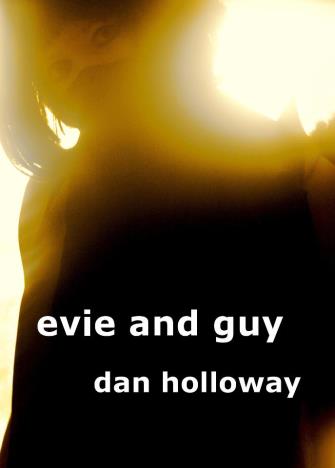
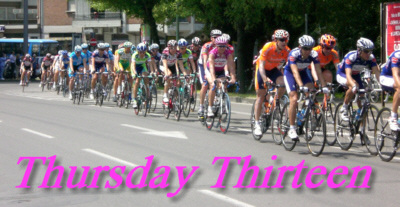
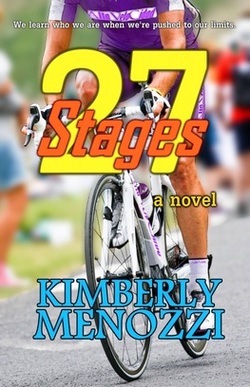

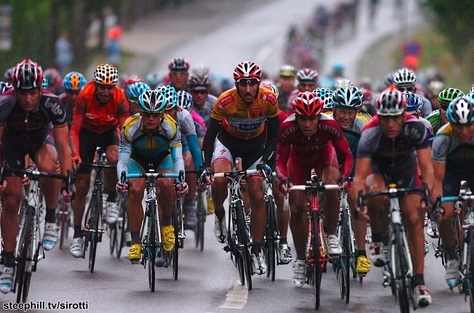
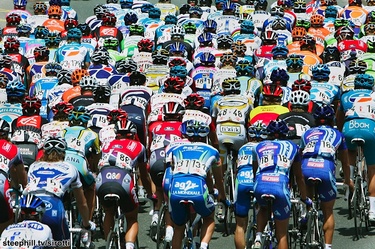


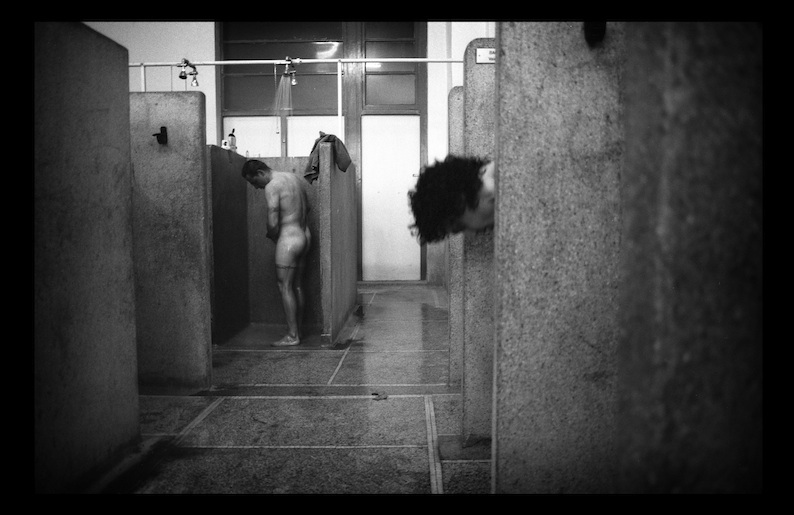
 RSS Feed
RSS Feed
